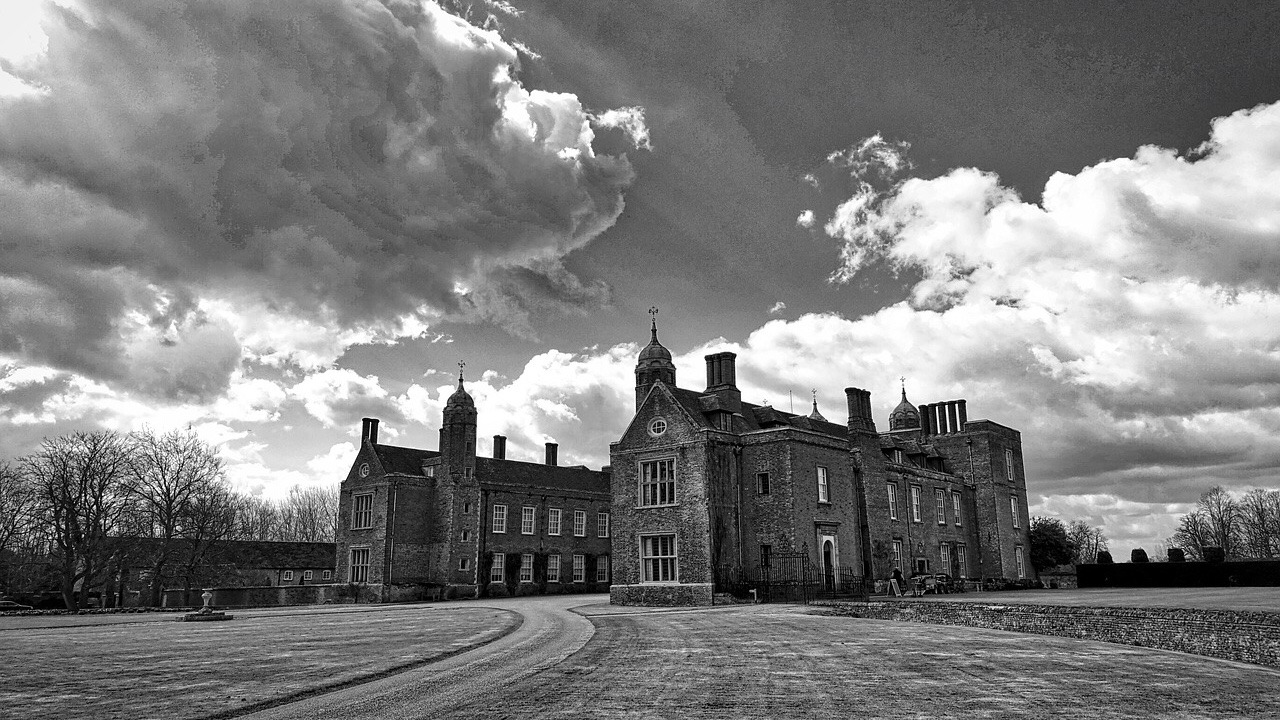
en Shapiro is very pro-life. He’s so pro-life he once berated a conservative journalist at BBC, calling him a “leftist,” because the journalist (Andrew Neil) dared to ask him a how-would-you-reply-to-those-who-say question. It had to do with the Georgia abortion law that critics claimed could potentially jail women for having miscarriages. What would you say to those who call the law “barbaric,” Neil asked Shapiro. Shapiro went on the attack, assuming that Neil himself was calling it barbaric, and waxed outraged that anyone would describe the “pro-life position” as “barbaric.” Shapiro was forced to apologize later, after he found out that Neil is a conservative journalist and pro-life himself. (Shapiro didn’t bother to do his homework about Neil ahead of the interview.) I wrote about all of this here, and it’s a great illustration of how Shapiro is superbly pro-life: He’s so pro-life he finds Lefties hiding under every bed; he’s in his 1950s.
I recall all this history about Shapiro’s superior pro-lifeness because his producer—someone named Jeremy D. Boreing, whose profile pic makes him look like the stereotypical Angry White Male—has now tweeted that property is of more value than many lives:
In the main he’s getting dumped on for this, which is encouraging. Boreing is deeply confused. If someone breaks into your property, you certainly do have a right to defend yourself with lethal force—but only if your own life or safety is at stake. If someone is in your driveway beating up your car with a baseball bat, you’re not allowed to kill him. Only defense of life merits taking another life, never defense of property. In a riot, police certainly have the right to use deadly force against rioters, but they’re quelling the riot in order to protect the lives and the safety of persons, including their own.
This is not a trivial distinction. Property is not more valuable than life. It is not the same thing as life. By putting it the way he does, Boreing in effect says the quiet part out loud: For self-described conservatives, wealth is more valuble than life. For self-described conservatives, wealth—not life—is the highest good.
But not even guilty life is of more worth than innocent life. You can take the life of B to protect the life of A, but only when there is no other option available to you. In a riot, or a war, that’s a difficult judgment call and people act a great deal more out of instinct and fear and the heat of the moment than reason, and that’s perfectly understandable. But as a philosophical point, you protect the life of A when it is threatened, but that does not make A’s life objectively more valuable than B’s. If B has already killed A and you arrest B, you are no longer permitted to kill B unless there is no other way to protect C.
Pope St. John Paul II said in Evangelium Vitae 9: “Not even a murderer loses his personal dignity.” Some will object: But Alt! Personal dignity and the right to life are two different things! Except that the context of JP2’s discussion at this point is Cain’s murder of Abel. Cain is worried that other people will find him and kill him, and God puts a mark on Cain as a warning to others. He puts the mark on Cain to protect Cain’s life; Cain has a right to life because of his personal dignity. The two things are connected, not exclusive. Here is the full passage:
And yet God, who is always merciful even when he punishes, “put a mark on Cain, lest any who came upon him should kill him” (Gen 4:15). He thus gave him a distinctive sign, not to condemn him to the hatred of others, but to protect and defend him from those wishing to kill him, even out of a desire to avenge Abel’s death. Not even a murderer loses his personal dignity, and God himself pledges to guarantee this. And it is pre- cisely here that the paradoxical mystery of the merciful justice of God is shown forth. As Saint Ambrose writes: ‘Once the crime is admitted at the very inception of this sinful act of parricide, then the divine law of God’s mercy should be immediately extended. If punishment is forthwith inflicted on the accused, then men in the exercise of justice would in no way observe patience and moderation, but would straightaway condemn the defendant to punishment. … God drove Cain out of his presence and sent him into exile far away from his native land, so that he passed from a life of human kindness to one which was more akin to the rude existence of a wild beast. God, who preferred the correction rather than the death of a sinner, did not desire that a homicide be punished by the exaction of another act of homicide.’ ”
Those who say that the licitness of the death penalty is “traditional Catholic teaching” should note that John Paul II quotes St. Ambrose to establish that God does not desire death in punishment for death. St. Ambrose describes the death penalty as “homicide.”
Do not be fooled when self-described conservatives self-describe as pro-life. Their ethic is not pro-life but pro-birth and pro-wealth. You can’t describe property as more important than any life and still get to describe yourself as pro-life.
Discover more from To Give a Defense
Subscribe to get the latest posts sent to your email.